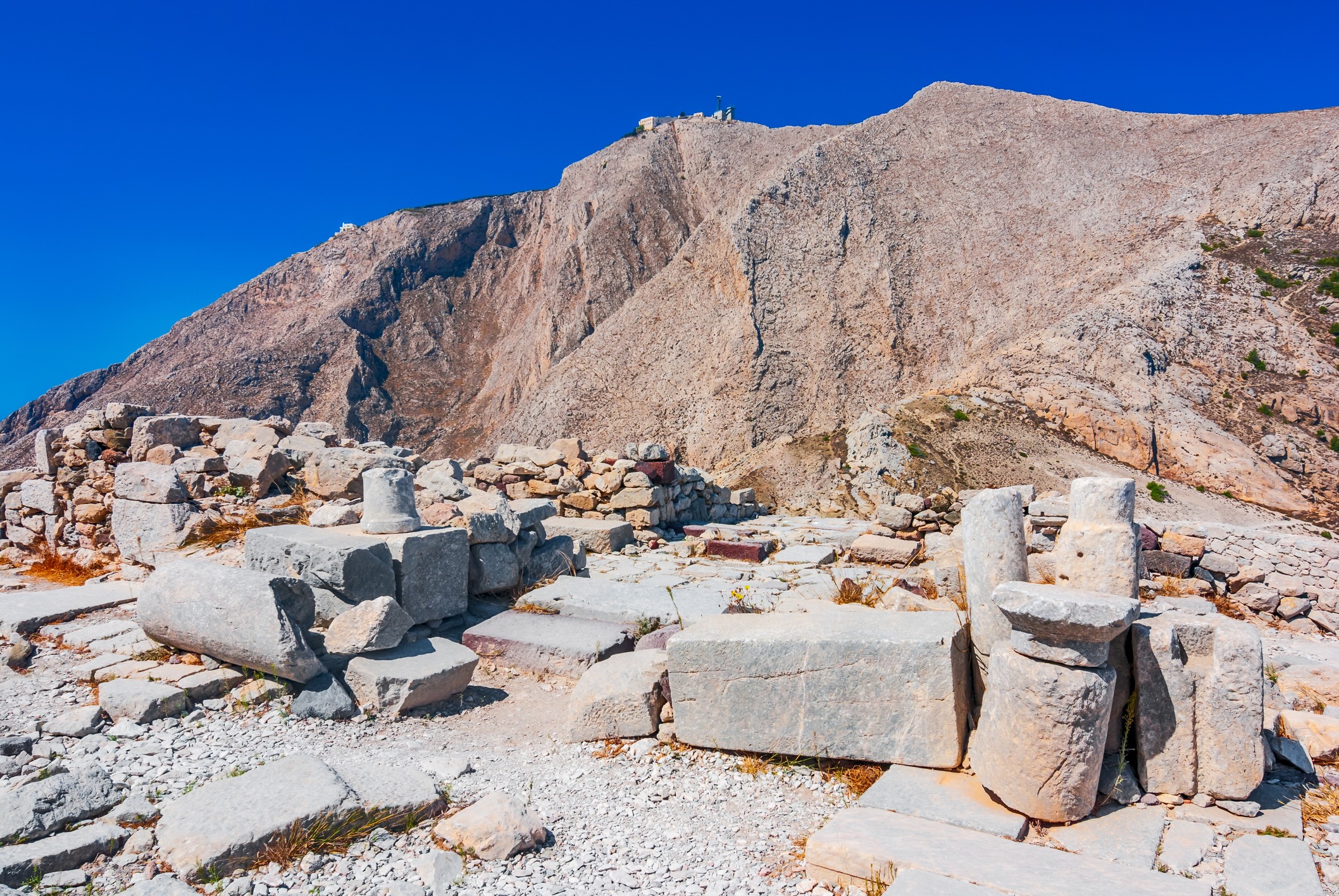Santorini, the volcanic jewel of the Aegean, is known not only for its breathtaking sunsets and beautiful villages but also for its rich culinary heritage. The island’s volcanic soil has shaped a gastronomy unlike any other in Greece. Santorini’s gastronomy is a celebration of simplicity, and pure flavours.
Cherry tomatoes: A tiny, umami treasure
Among Santorini’s most iconic products are its small, intensely flavoured cherry tomatoes. These tomatoes thrive in the island’s volcanic soil, enriched by minerals and nurtured by the sea breeze. Unlike typical varieties, Santorini’s cherry tomatoes grow with minimal water, developing a concentrated sweetness and rich, almost sun-dried taste.
They are often used in tomato paste, which has a deep, savory character, or in crispy tomato fritters known as tomatokeftedes. Served with fresh herbs and local cheese, these fritters are a staple of island tavernas and a beloved taste of summer.
Capers: A burst of flavour
Another signature ingredient is the caper, which flourishes wild among the island’s rocky cliffs. Both the buds and the leaves are harvested, preserved, and used in salads, stews, and breads. Santorini’s capers are known for their bold, briny punch that elevates even the simplest dish.
A classic pairing is capers with fava, creating a balance of earthy creaminess and tangy brightness. Beyond their flavour, capers embody the island’s ability to transform what the land naturally offers into culinary excellence.
Fava: The soul of the island
If there is one dish that defines Santorini’s table, it is fava. Made from yellow split peas –not to be confused with broad beans– Santorini fava has been cultivated for more than 3,500 years.
The volcanic soil imparts a distinctively sweet and delicate flavour. Traditionally, the peas are simmered slowly until they form a silky puree, then served with olive oil, onions, and sometimes capers or lemon. Considered a comfort food and a festive dish alike, fava is both humble and sophisticated, embodying the island’s enduring food traditions.
Wine: The essence of Assyrtiko
No exploration of the island’s gastronomy is complete without world-famous Santorini wines. The island’s vineyards are among the oldest in Europe, surviving thanks to the volcanic soil’s resistance to pests. Vines are trained into low, basket-like shapes to protect them from harsh winds and sun.
The most celebrated grape is Assyrtiko, which yields wines of striking minerality, crisp acidity, and citrus aromas. Perfect with seafood or simply sipped while gazing at the caldera, Assyrtiko reflects the essence of Santorini: bold, unique, and unforgettable.
To truly savor the local flavours, one must experience Santorini like a local. That means sitting in a family-run taverna, where recipes have been passed down for generations, and dishes are prepared with devotion to tradition.


